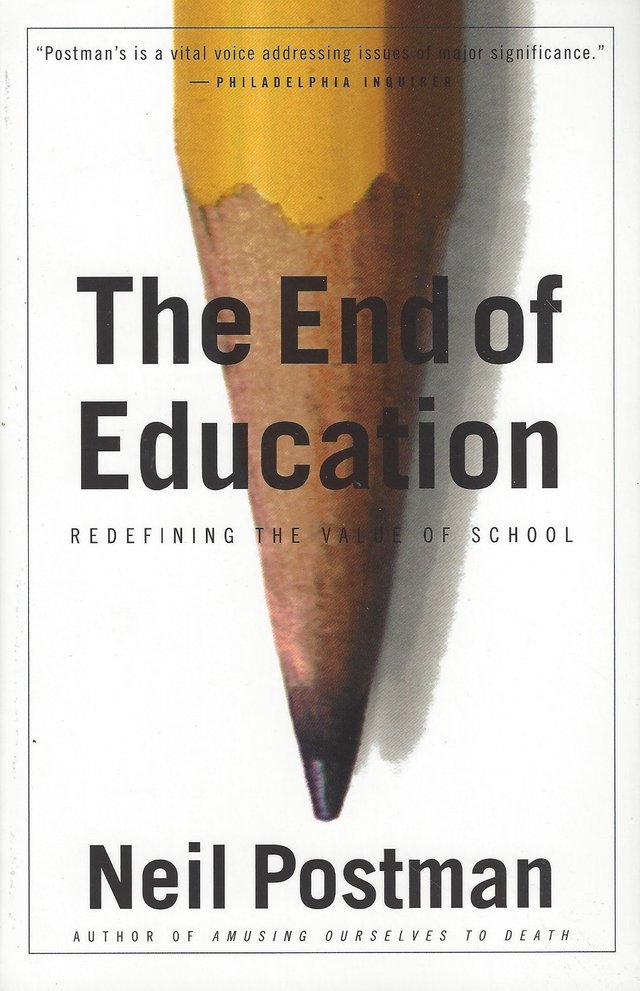Trends in College Education

One of the trends in college education is away from general education and toward an early focus on a major. Before the end of my son’s first semester at college, his adviser encouraged him rather forcefully to declare a major even though he wanted to sample a variety of classes first. The adviser told him that if he chose to do this, he might end up with a lot of classes he didn’t need to graduate. That might mean it would take him longer to graduate. Colleges today work hard to get students through their degree program and on to a well-paying job as quickly as possible.
In J.W. Powell’s article, The Tyranny of the College Major, he says:
General Education, the classes each student must take outside of the major, is still part of every degree—but it has become weaker and unfocused, disrespected and eroded. The degree has not gotten tougher as the world has gotten tougher. Instead, legislators and administrators have simplified the degree into lists of outcomes, efficiency initiatives, graduation targets, and courses that can double count for more than one requirement.
As Powell suggests, there are problems with focusing exclusively on a major at the cost of general education. When I was in college (ages ago) I had to take a slate of general classes in literature, history, science, and social sciences and foreign language. My son’s requirements are much less specific. He is required only to take on year of science, no literature, and a choice of social sciences. He isn’t required to take a foreign language at all.

Powell argues that the dominant focus of college administrators is to get as many kids through college with an employable degree as quickly as possible. With the obscenely high tuition and debt level of graduates, this economic concern isn’t unfounded. But, Powell says, the power of a college degree isn’t simply the piece of paper, but the actual education. If the quality, depth, and breadth of that education – including a meaningful general education core – gets skimped in favor of more job-oriented skills courses, perhaps the resulting degree isn’t as valuable to the student in the long run.
In his book The End of Education, Neil Postman draws a distinction between the way we deliver education - the technical or mechanical aspect – and the way we define education – the metaphysical aspect. Schools partner with businesses and inject the latest technology to spur students to success, which we consider to be getting into a good college, choosing a major, and finding a high paying job as fast as possible. Postman says if we do not give our students a clear reason for their education that goes beyond monetary career success - a metaphysical reason for learning - we may be facing the end of education.
Maybe an underlying problem here is that we often define college success in terms of a job that makes lots of money. An article in The Atlantic, Money Is a Terrible Way to Measure the Value of a College Major makes this argument.
That said, I want to address an underlying problem with this whole debate. While it’s important for college students to understand which majors are most marketable, this creeping notion that college majors should be valued mostly based on what the median or average graduate earns is very, very wrongheaded.
Students might be happier – another perfectly good way of measuring success – if they major in what they love, even if it is perceived as less marketable.
But I fear that the more we accept the idea that the value of a particular college major can be summed up with a lifetime earnings estimate, the more likely policy makers are to come up with questionably designed schemes aimed at pushing students towards one field or another. Recent screeds aside, sometimes “do what you love” is perfectly good advice.
The take-away if you are homeschooling a young child is that attitudes toward education and education policy will affect your child’s education. College may seem like it’s a long time away, but you’d be surprised. College is the end result of your child’s homeschool career, so it benefits you to familiarize yourself with what’s going on in secondary education early on.
I’ve said here before that I believe one of the benefits of homeschooling is the ability to focus on teaching your child how to learn and instilling a love of learning instead of having to stick to a standard curriculum that is the result of whatever education philosophy is most popular at the moment. The same goes for college. Think about what you want the college experience to be for your child and begin to lay the groundwork now. By this, I don’t mean extra or advanced college tutoring in subject material. I’m talking about more of an attitude – your own metaphysical reason for education.
Despite that my son’s college is major-centered, which I don’t particularly agree with, my son’s philosophy of learning – developed during his homeschool years – is his real guiding force.
This post has received a 17.66 % upvote from @boomerang.
Thank you for using Resteem & Voting Bot @allaz Your post will be min. 10+ resteemed with over 13000+ followers & min. 25+ Upvote Different account (5000+ Steem Power).